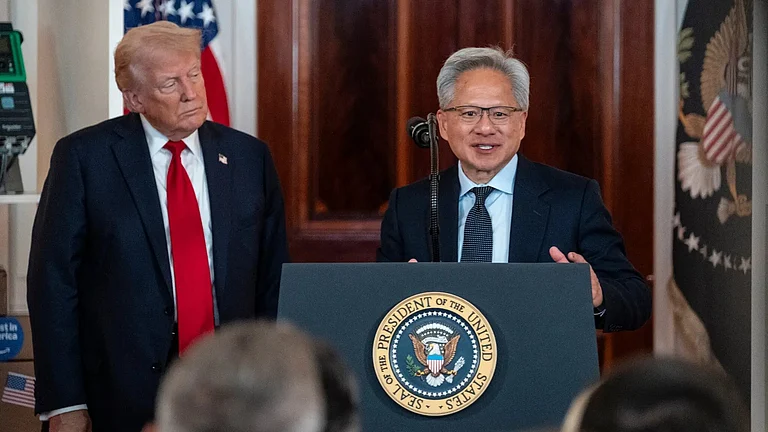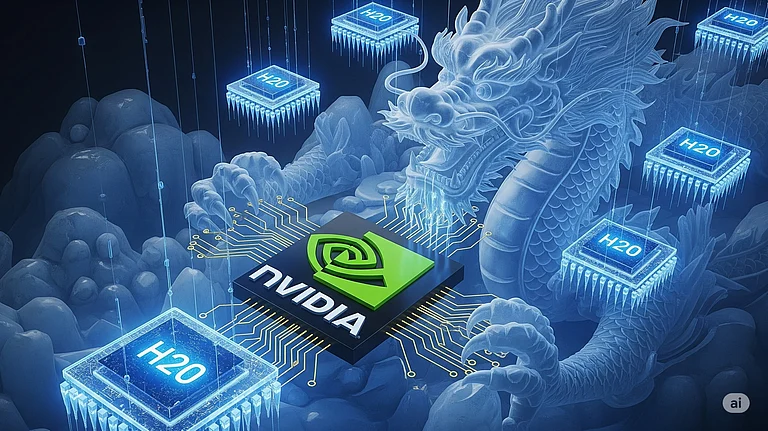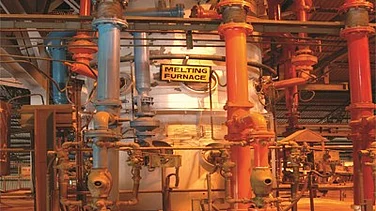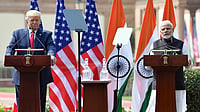Apple recently cleared the clouds around its chip design. In a research paper, released on Monday, the tech giant stated that the company uses Alphabet-owned Google's chip design for its AI software infrastructure, rather than Nvidia's.
This news comes at an interesting time, as Nvidia enjoys a whopping 80 per cent market share. The chip-maker has been riding on the AI hype with its share price surging by more than 130 per cent on NASDAQ, since this year's start.
While Apple did not explicitly state in its research report that it avoids using Nvidia Chips, the detailed description of the hardware and software infrastructure behind its AI tools omitted any reference to the same.
Apple trains its AI models using two types of Google's tensor processing units (TPUs), arranged in large clusters. It uses 2,048 TPUv5p chips for training AI models in iPhones. For its server AI model, Apple employed 8,192 TPUv4 processors.
It is also worth pointing out that Nvidia specializes in graphics processing units (GPUs), that are commonly used for AI tasks and not tensor processing units (TPUs).
Now, unlike Nvidia, which offers its chips and systems as standalone products, Google provides access to TPUs through its Google Cloud Platform, as per a report by Reuters. Customers must develop their software on Google's cloud platform to use these chips.
As AI is gaining more and more momentum every day, the hype around it is also increasing at a considerable pace. This is quite visible in the share price of tech companies. While market analysts have their own doubts about this bull run, for now investor confidence seems to be steady.
Just a few months back, both Google and OpenAI came out with new AI products and updates in their flagship events. Notably, these announcements came in the same week, signaling that the AI war is still well present in the tech space.
































